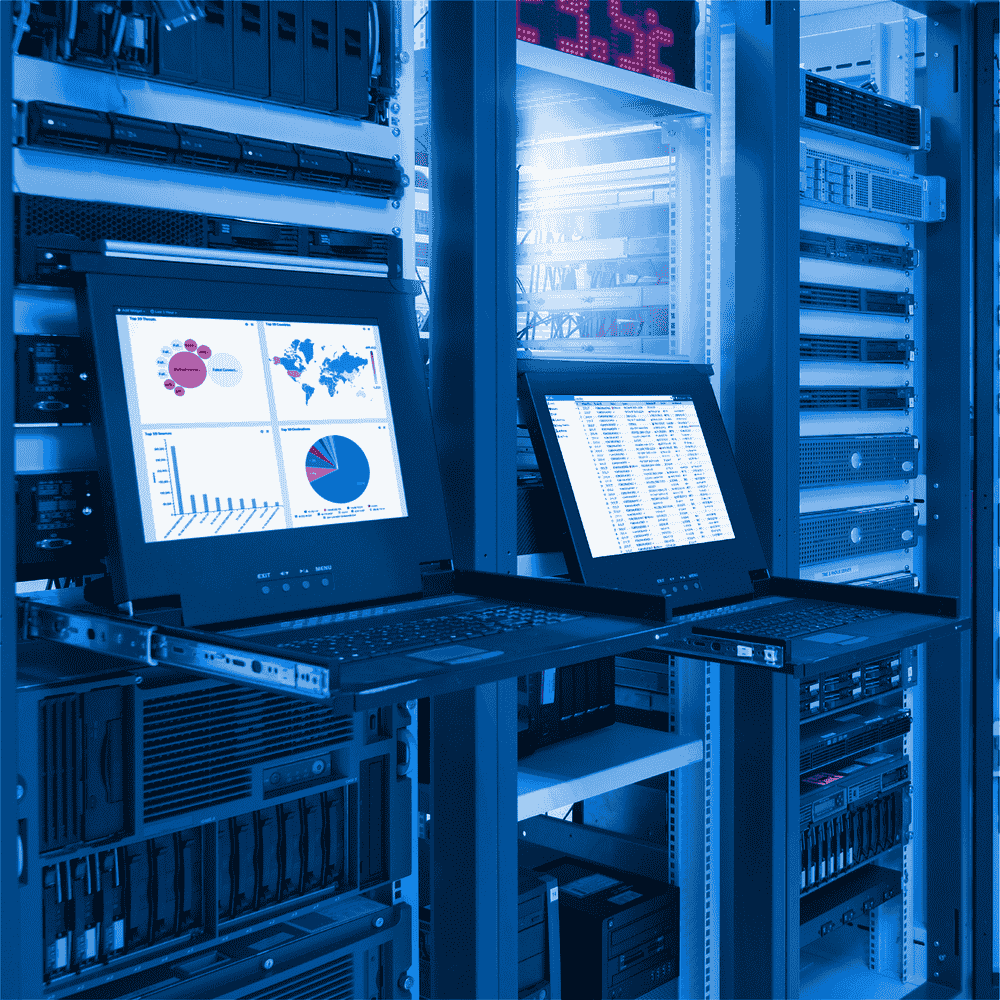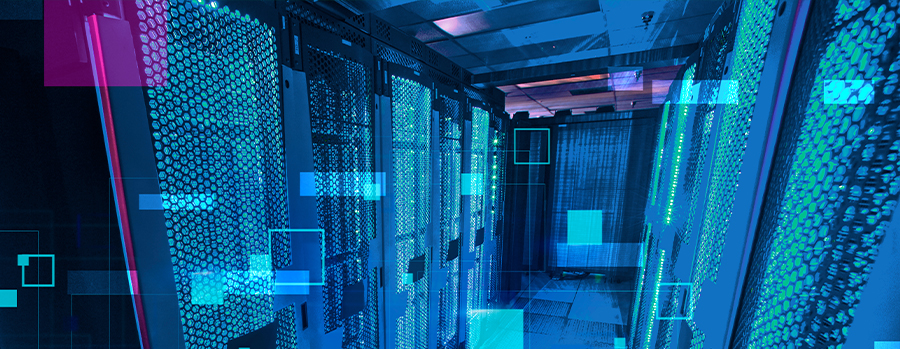Modular Data Centers: The Future of IT Infrastructure
In today’s digital era, businesses must manage data efficiently, securely, and at scale. With the rise of AI, IoT, big data, and 5G, demand for agile, high-performance solutions is greater than ever.
Traditional data centers often lack the scalability and speed modern enterprises require. This is where Modular Data Centers come in—offering a flexible, efficient, and future-ready infrastructure built for rapid deployment and digital transformation.
But what exactly are Modular Data Centers, how do they work, and why are they shaping the future of IT? Let’s explore.
What is a Modular Data Center?
A modular data center is a flexible, scalable infrastructure built from pre-manufactured modules that can be quickly assembled on-site. Each module includes cooling, power, cabling, and security systems, ensuring a portable and adaptable solution compared to traditional data centers.
Designed for quick deployment and easy expansion, modular data centers are ideal for businesses facing growing data demands.
Key Advantages of Modular Data Centers
Fast Installation: Ready in weeks, not years—enabling rapid response to market demands.
Scalability: Add modules as business needs grow, ensuring future-ready infrastructure.
Cost Efficiency: Lower initial investment + reduced operational costs via energy-efficient design.
Portability: Relocate modules easily, perfect for temporary or remote facilities.
Standardized Quality: Factory-built with consistent performance and reliability.
Application Areas of Modular Data Centers
Telecommunications: Essential for 5G expansion and scalable network growth.
Finance: Secure, always-on data processing with modular flexibility.
Education & Research: Fast deployment to support rising data requirements.
Healthcare: Secure, reliable infrastructure for sensitive patient data.
The Future of Modular Data Centers
As digital infrastructures evolve, modular data centers will lead the way with:
Sustainability: Energy-efficient cooling, renewable power, and eco-friendly materials.
Performance: High reliability with faster deployment and expansion.
Adaptability: Ready for AI, IoT, and next-gen data demands.
Conclusion
Modular Data Centers deliver flexibility, scalability, and cost efficiency, making them the ideal choice for businesses in the digital age. With their ability to expand rapidly, operate sustainably, and adapt to diverse industries, modular solutions are set to redefine the future of IT infrastructure.






